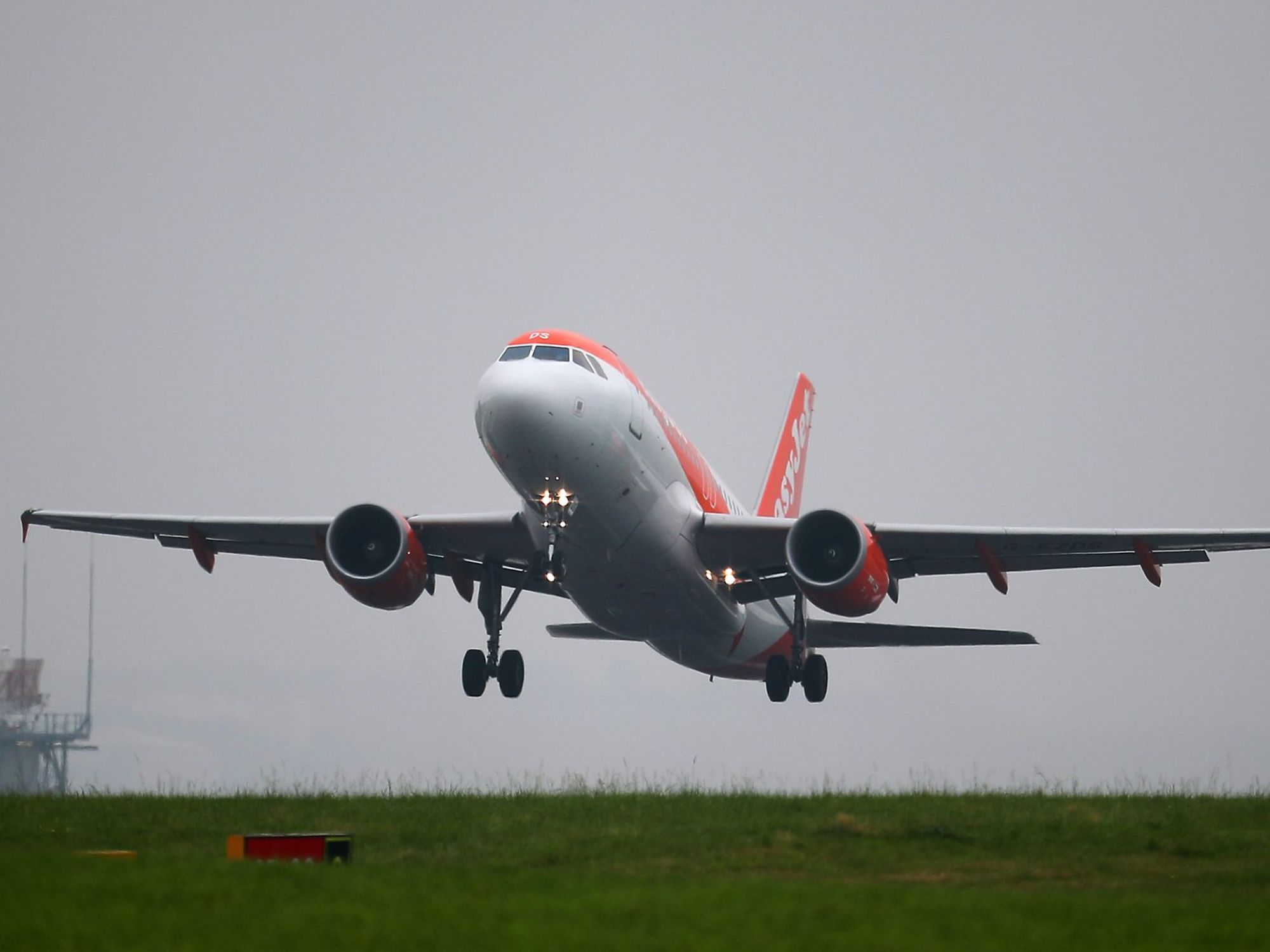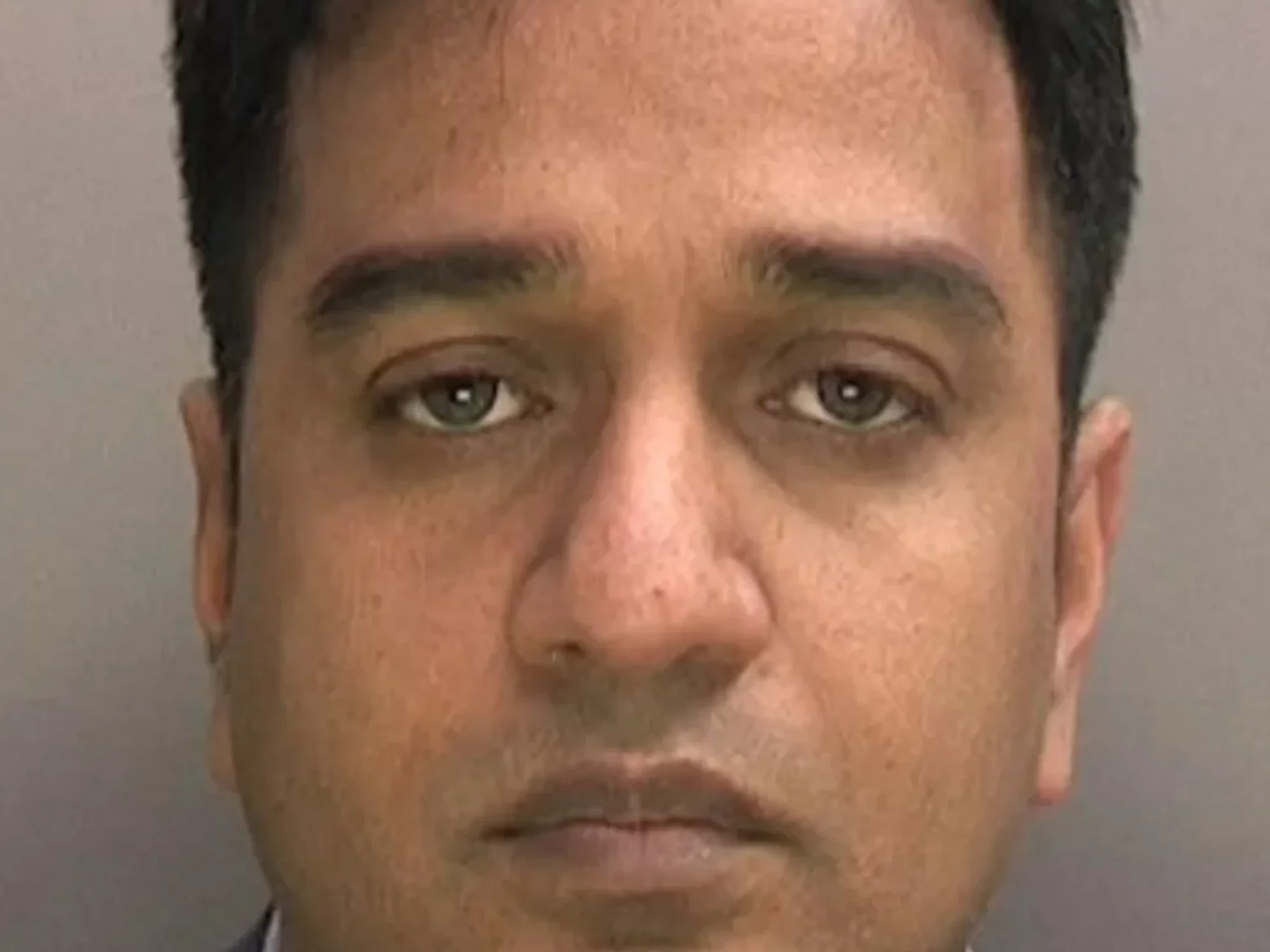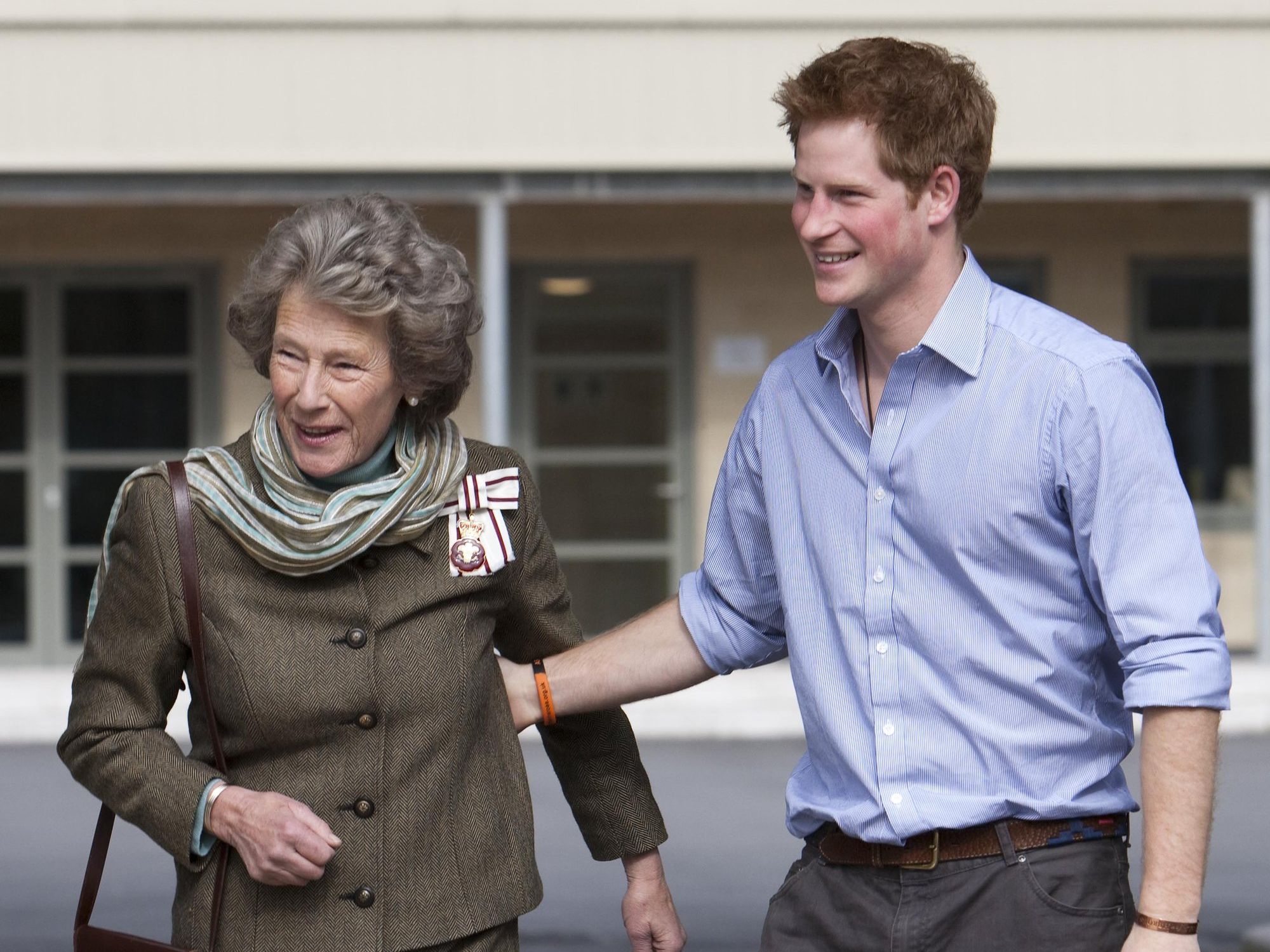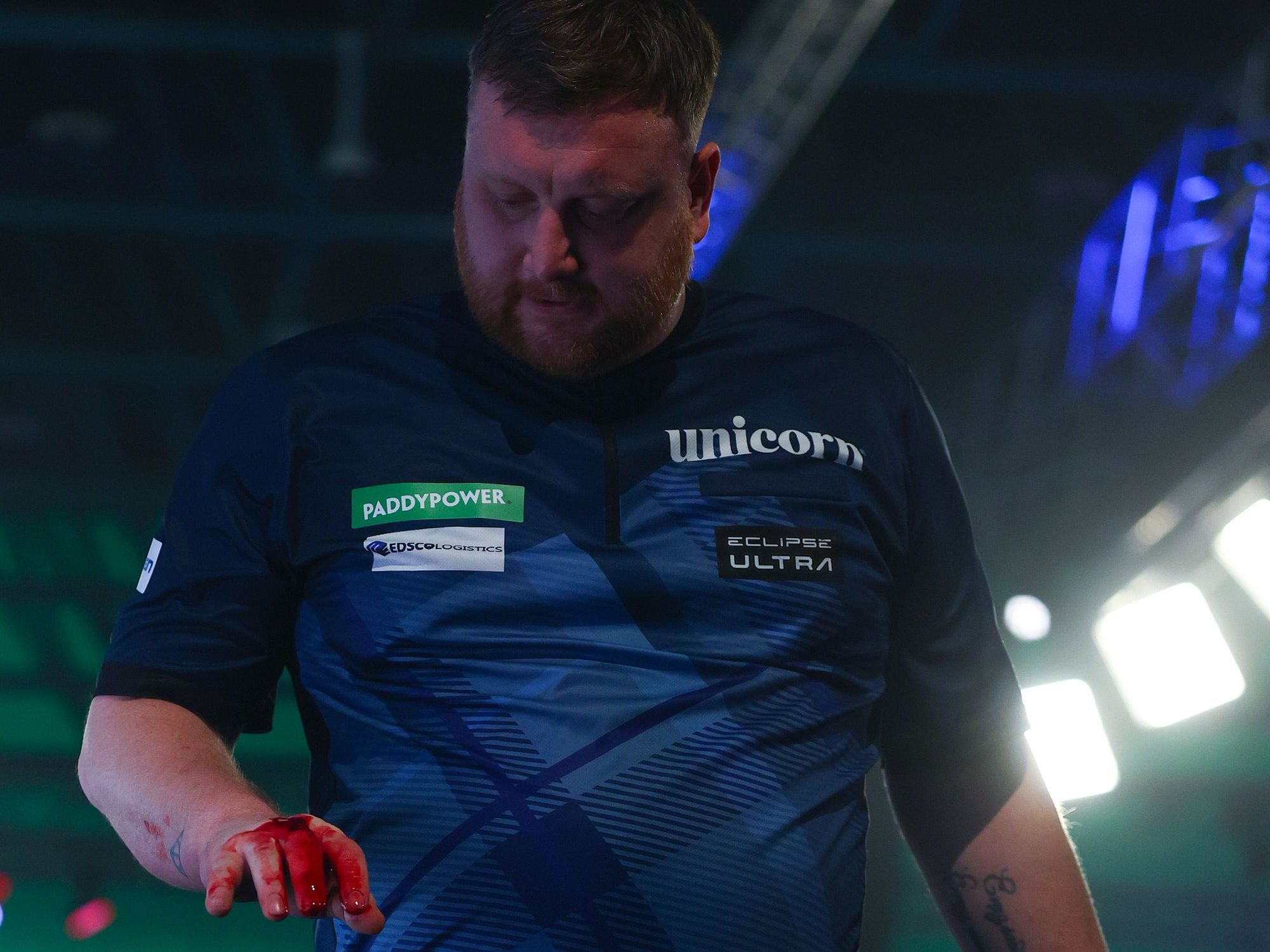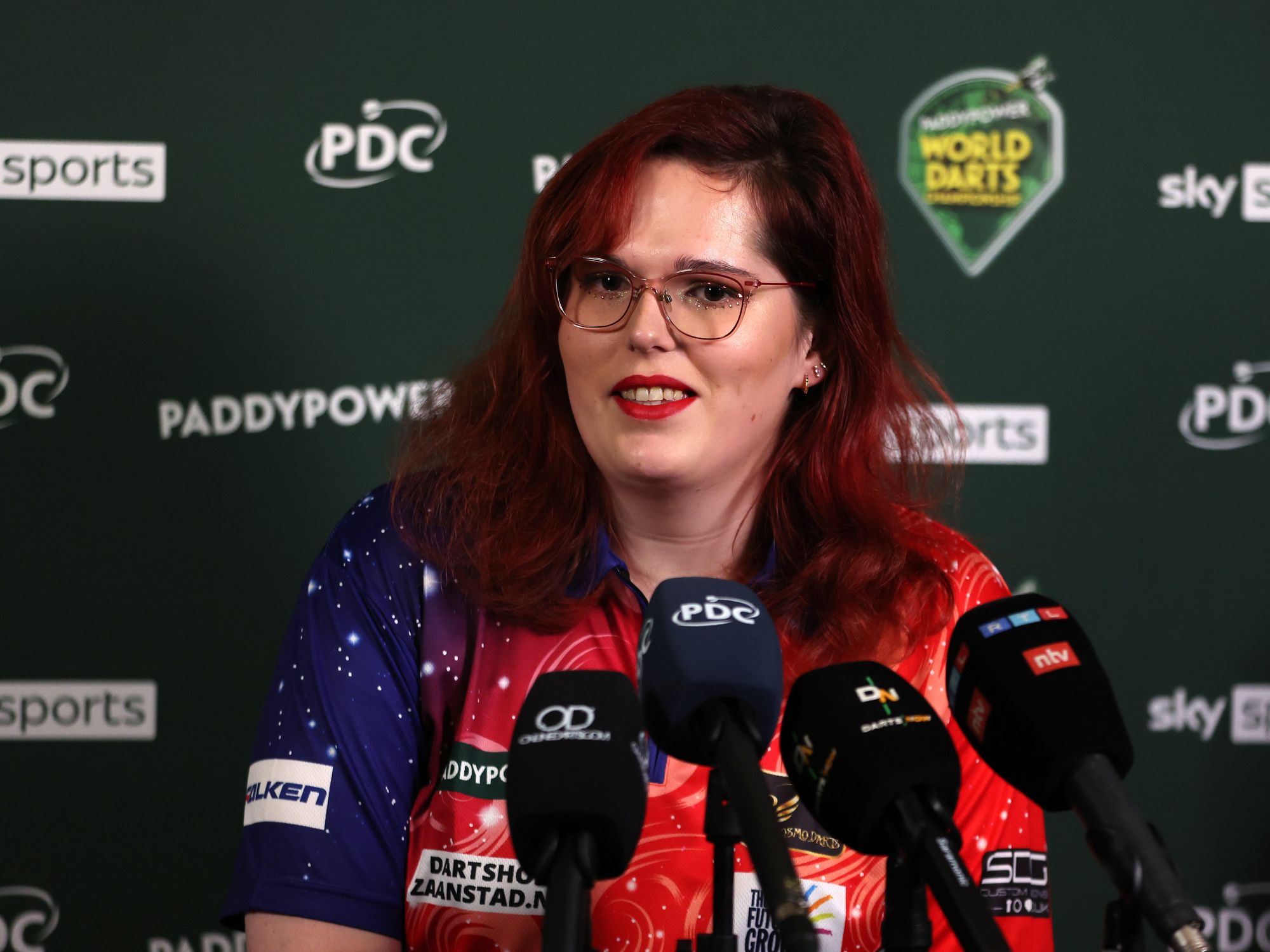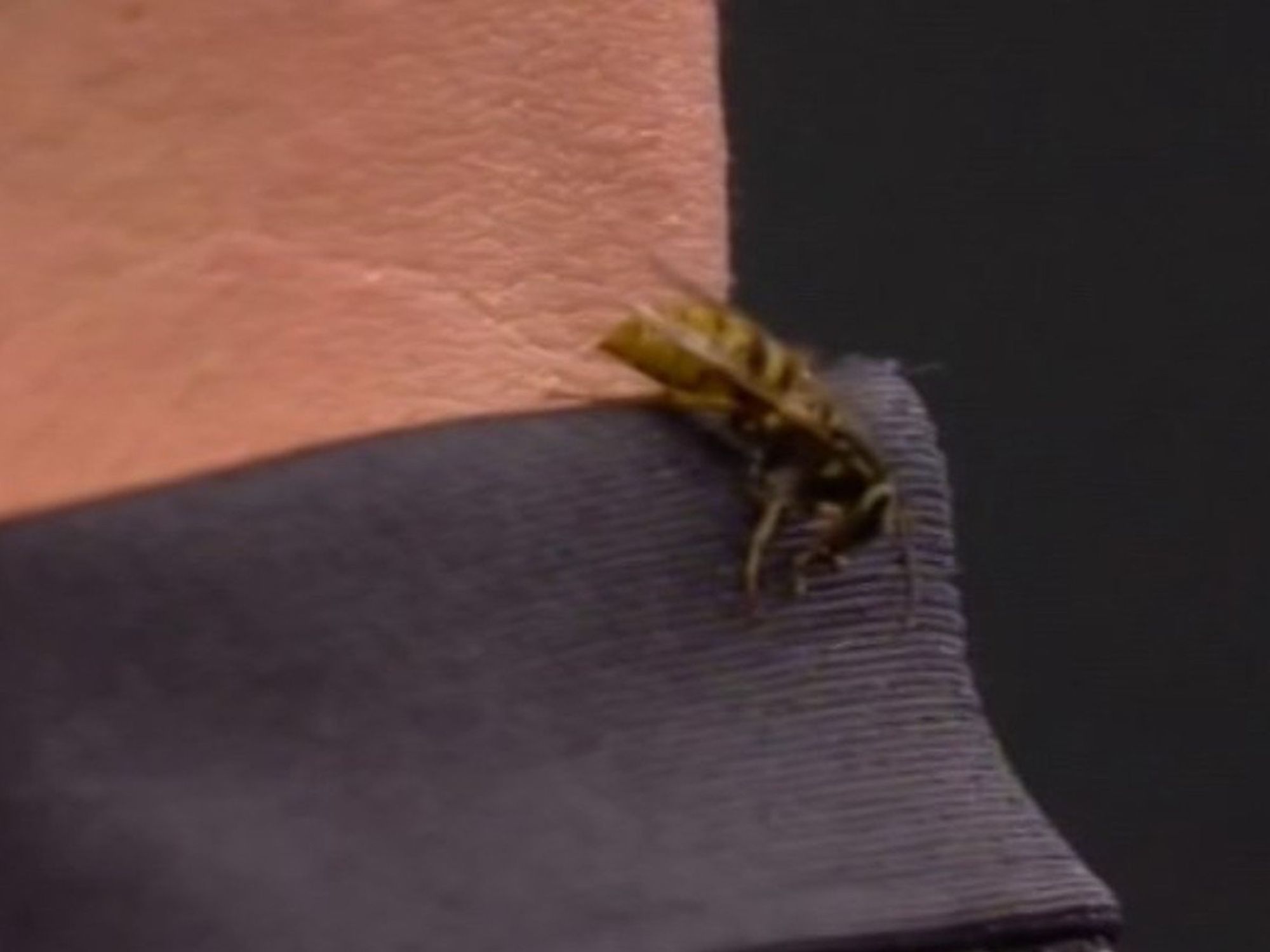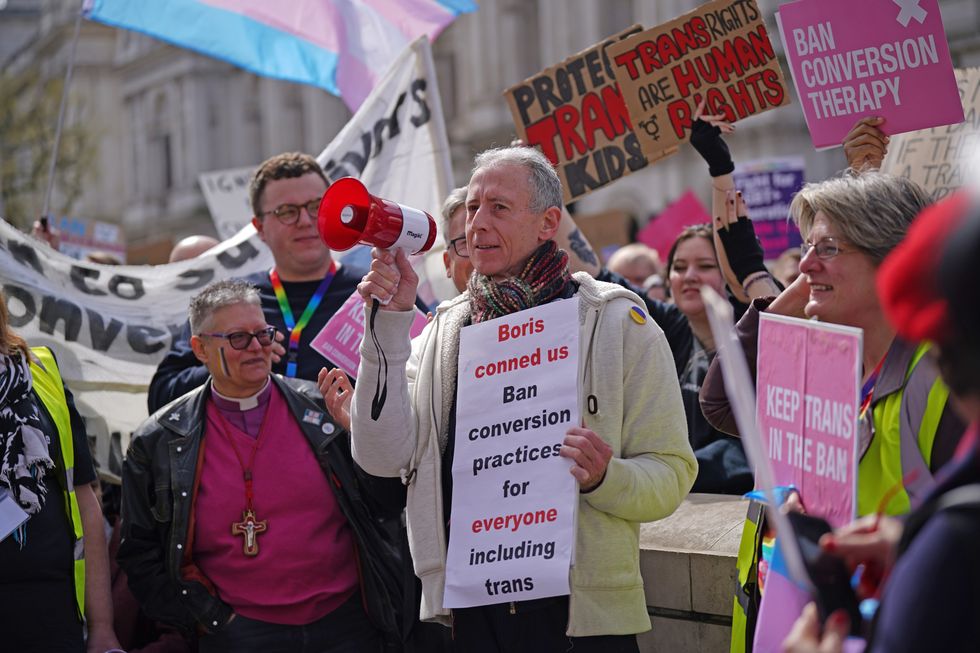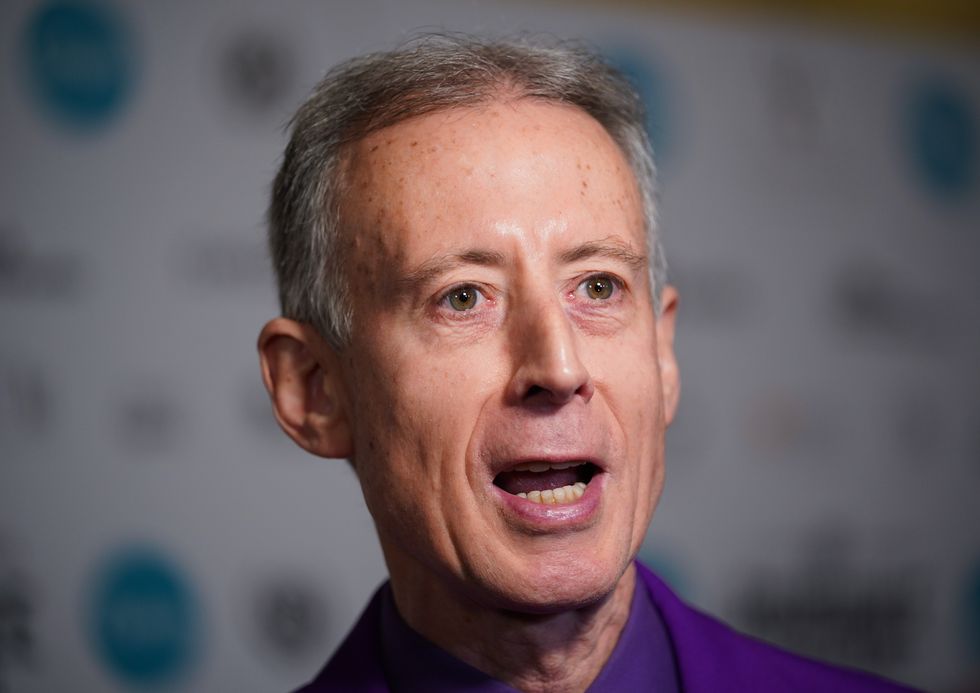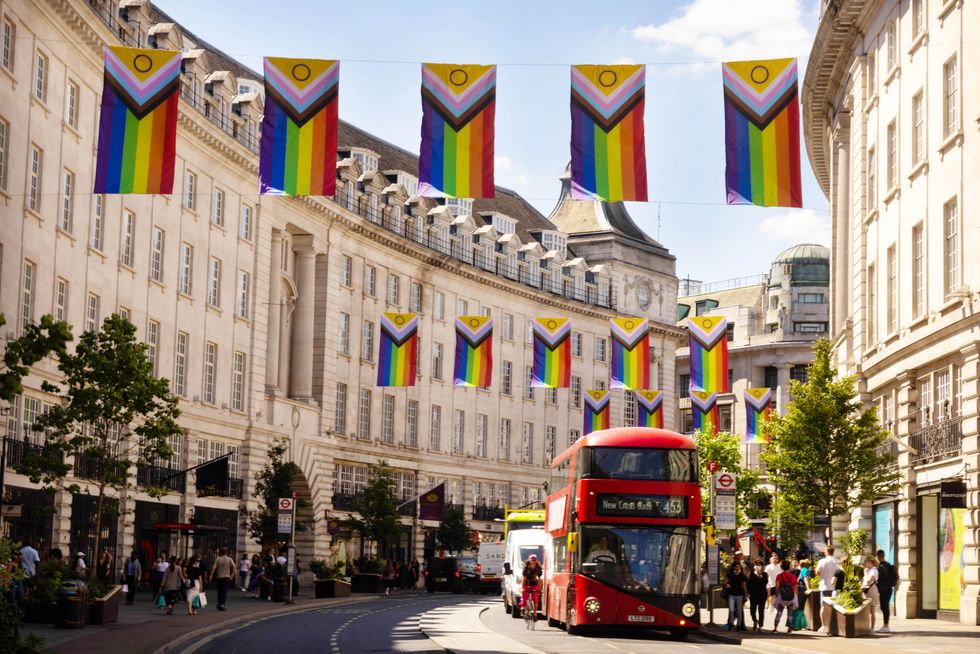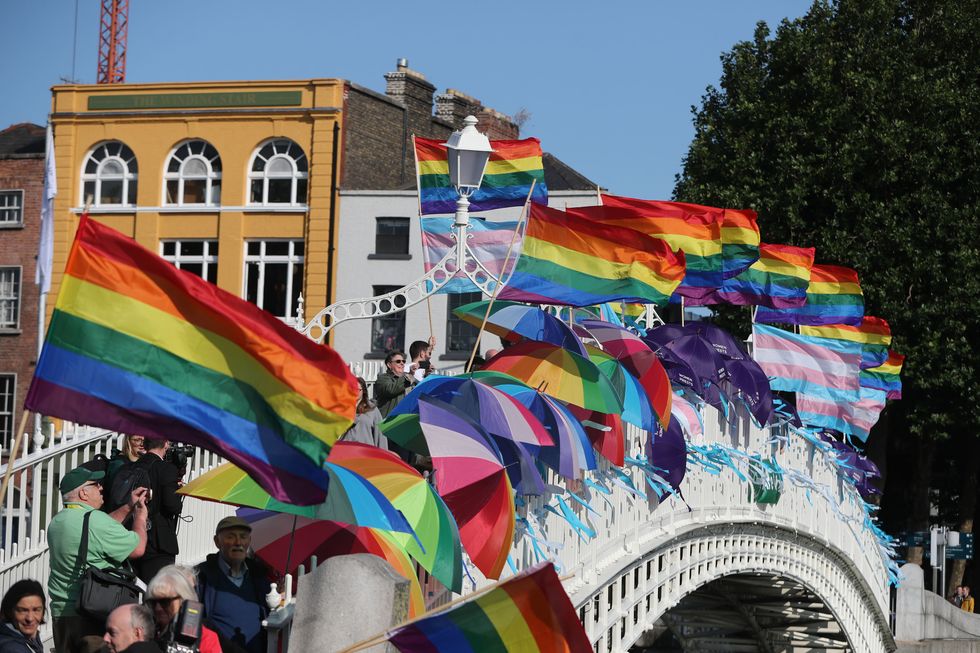Pride veteran Peter Tatchell fears LGBT events are 'too commercial' and have 'lost human rights dimension'
The Pride in London parade will take place tomorrow
Don't Miss
Most Read
Pride in London is becoming "too corporate and commercial", according to human rights activist Peter Tatchell, who added how the event had lost the human rights dimension.
The capital is set to be swamped this weekend, as thousands will attend the parade on Saturday, which organisers say will feature more than 30,000 participants from all sections of the community.
Earlier today, Mr Tatchell was one of around 20 veterans of the 1972 march, aged between 70 and their late 80s, who gathered in London to retrace the exact route of 50 years ago.
Campaigner Mr Tatchell was one of about 30 Gay Liberation Front (GLF) activists who organised the first UK Pride and he has marched in every Pride London parade since.
Peter Tatchell is a Pride veteran
Yui Mok
Peter Tatchell
Yui Mok
Speaking about Friday’s march, he said: “This march marks the historic 50th anniversary of the UK’s first ever Pride parade.
“Myself and other veterans of 1972 are here to say that we were there and we are still fighting for LGBT+ liberation in the UK and worldwide.
“It’s amazing to think that what began as one Pride parade in London in 1972, attended by only 700 people, has exploded this year into over 190 Pride events across the UK with a combined attendance of a million people.
“In the last five decades our movement has overturned all Britain’s anti-LGBT+ laws, some of which dated back centuries.”
Intersex-Inclusive Pride flags in London
David Parry
LGBT protestors from Dublin Pride and We Are Church
Niall Carson
Referencing the main event, the activist said: “A lot of us are very concerned that the main official Pride event has become too corporate and commercial.
“It often looks like a huge PR, marketing and branding exercise by big companies.
"The human rights dimension has been lost. The original Pride was both a celebration and a protest.
“That’s the way it should be this year as well. We need to remember that there are still issues to fight for, particularly globally where 69 countries continue to criminalise same sex relations – 12 Muslim majority countries still have the death penalty.”
He added: “The big corporations are the only ones that can afford big expensive floats, so they dominate the parade and overshadow the LGBT+ community groups.”
Mr Tatchell said his view of Pride is widely held, adding that there have been discussions with Pride organisers about doing it differently, “but it hasn’t changed so far,” he said.
Continuing his criticism, the activist said: “LGBT+ human rights has not been front and centre of Pride for many, many years.
“It’s turned into a huge street party and little more.”
Asked if he has considered boycotting the main parade, Mr Tatchell said: “We feel it’s better that we’re there to raise LGBT+ human rights issues rather than stay away.”
Human rights campaigner Mr Tatchell publicly condemned the Pride of London event earlier this week, when he called uniformed police officers to be barred from participating in the event.
Mr Tatchell said the case followed a string of recent revelations of homophobia, racism and misogyny in the police, indicating how Pride of London needed to take a firm stand on officers' participation in the parade.
The regular guest on GB News added how if the Met Police had conducted a detailed investigation in the wake of the murder of Stephen Port's first victim, Anthony Walgate, the three other young gay men Port went onto kill would still be alive.
A spokesperson for the National Police Chiefs’ Council said: “Taking part in Pride is important for LGBTQ+ colleagues within policing.
"It allows LGBTQ+ people to see that they are represented in the police service and it is an excellent public engagement opportunity where we can promote safety messages, understand community concerns and recruit from diverse communities.”






